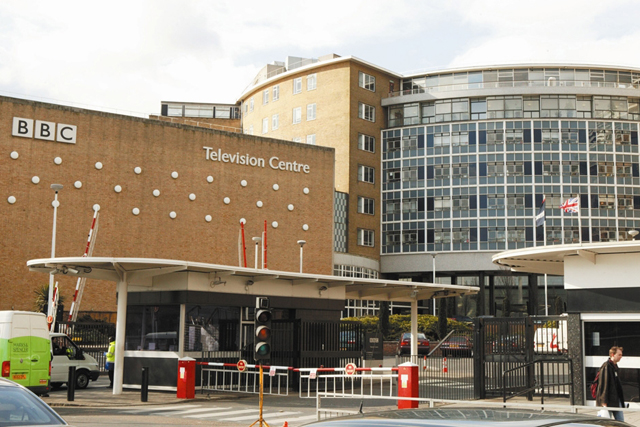The BBC - affectionately known as 'Auntie', and long thought of as the UK's most-respected media organisation - has had a torrid time in recent weeks.
'Control freaks and cowards' and 'lasting damage to its reputation' are not the words most people would have expected to hear in relation to the broadcaster.
Yet, in the wake of the Jimmy Savile child-abuse allegations, the BBC and its employees have suffered an onslaught of criticism from the public, media and government alike.
The broadcaster has been accused of turning a blind eye to the allegations, which include claims that some incidents of abuse took place on BBC premises. The Savile scandal is likely to continue to make headlines for months to come, piling pressure and embarrassment on the media organisation.
Just as important is the fact that the scandal has prompted a fierce debate about the culture of the BBC, past and present, and raised questions over trust. According to a recent survey (see box), the public's trust in the national broadcaster has been eroded to such an extent that it faces an uphill struggle to win back viewers and listeners.
Now the situation has further deteriorated, with in the wake of over false child abuse claims on flagship current affairs programme 'Newsnight'. Former P&G and PepsiCo marketer Tim Davie has stepped in as acting director general.
With the BBC's reputation on the line, what steps can it take to ensure that its image does not suffer further - and how can it recover from the furore surrounding it in recent weeks?
We asked Gail Gallie, chief executive of agency Fallon and previously head of youth, news, education, sport and online marketing at the BBC, and Ruth Darrah, director at marketing consultants Brand Catalyst, and the former head of marketing at the corporation, for their insight.
THE BBC AND ITS BRAND
45% of licence-fee payers believe the BBC is trustworthy
62% of viewers say the BBC is something to be proud of
Source: ComRes on behalf of BBC Radio 5 Live. The poll of 1000 viewers and listeners was carried out in October, to gauge the impact of the Jimmy Savile sex-abuse allegations.
BRAND HEALTH CHECK
 Gail Gallie, Chief executive, Fallon (and former head of youth, news, education, sport and online marketing at the BBC)
Gail Gallie, Chief executive, Fallon (and former head of youth, news, education, sport and online marketing at the BBC)
The reputation of the BBC is now truly on the ropes, and, in my view, in far greater danger of irreparable damage than it has been in previous scandals.
This crisis strikes at its core output pillar - its news division - and central brand value - trust. The horrific Savile situation raises far grimmer questions for our nation than whether a Newsnight investigation was deliberately suppressed, but that has become the main story, and the longer it goes on, the deeper the damage will become.
As ever with the BBC, I wish it would come out fighting for itself harder, instead of wringing its collective hands and setting up a series of internal investigations.
The BBC did not abuse children, and I am sure its current presenters and staff remain committed to the glorious principles upon which it was founded and has thrived for decades.
Remedy
- Enough apologising - engage in some proactive rebuttal PR.
- Open up the message boards and forums to allow the public to ask their own questions and engage directly with BBC management.
- Keep calm and carry on.
 Ruth Darrah, Director, Brand Catalyst (and former head of marketing at the BBC)
Ruth Darrah, Director, Brand Catalyst (and former head of marketing at the BBC)
Disasters befall branded organisations predictably regularly: think Northern Rock, BP and Deepwater Horizon, the BBC and the Hutton Inquiry.
The BBC has a unique position. It is central to our culture and, apart from the Royal Family, probably the biggest component of Brand Britain. The BBC's vision is to be the world's most creative organisation: the crimes of one man, or men, shouldn't change that.
Let's not confuse current management standards with those of a generation ago. Today's managers were watching Jim'll Fix It on the sofa with their parents, like the rest of us.
Trust is the lead value underpinning the BBC, supported by independence, impartiality and honesty. No other media organisation turns a forensic spotlight in on itself as the BBC does. Self-belief is its issue, not integrity.
Remedy
- Do not force today's management to atone for the 'sins of the fathers'.
- Be absolutely sure that this could never happen again and reassure the public on current procedures.
- Get on with running the world's best, most creative, media corporation.


